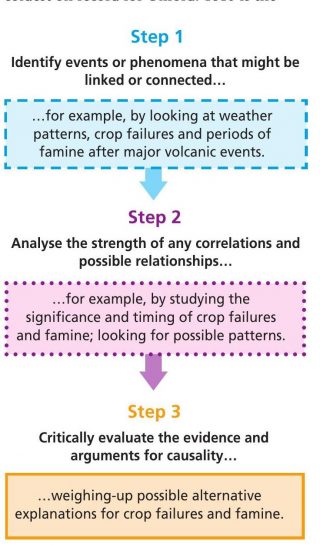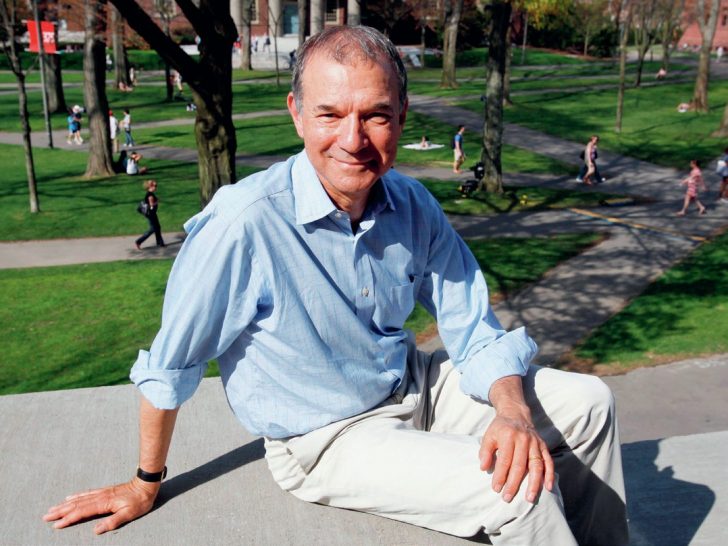
Wordsworth’s poetical misfortune was to live too long (1770–1850), and the reputation of the poetry he wrote until about 1805 has been unfairly dulled by his later decline. The premature deaths of Keats and Shelley in 1821 and 1822, and a century later the deaths of so many promising young poets in the First World War, have somehow turned misfortune into myth. Genius that burns out early makes for a better story than genius that withers on the branch.
Wordsworth’s early life was the source of his greatest poetry: ‘Fair seed-time had my soul’ he writes in his long autobiographical poem, The Prelude (only published on his death after many revisions). In his childhood he and his friends ran wild among the mountains of the English Lake District. Though his primary schooling was primitive, reading widely was encouraged, and he went on to Hawkshead Grammar School (a public school being beyond his parents’ means) and then to Cambridge in 1787. He graduated in 1791, but although the country boy was shocked by the metropolitan squalor of the city, the university made little mark on him — nor he on the university. What formed his mind was nature, a powerful sense of social justice and the conversation of his friends.
Your organisation does not have access to this article.
Sign up today to give your students the edge they need to achieve their best grades with subject expertise
Subscribe




